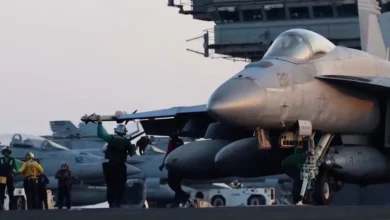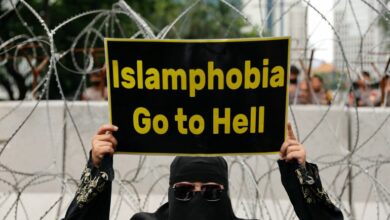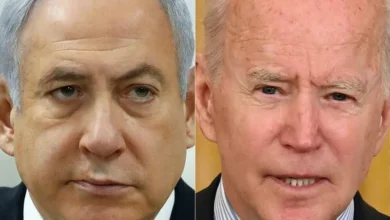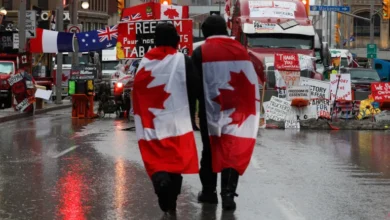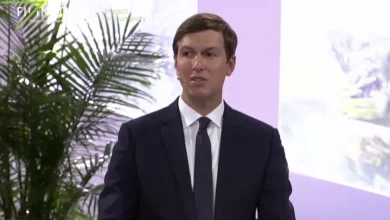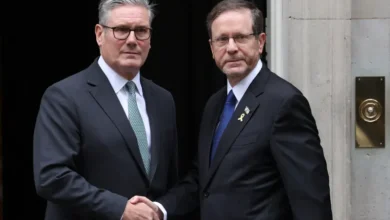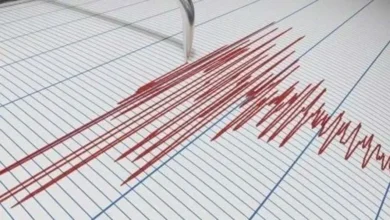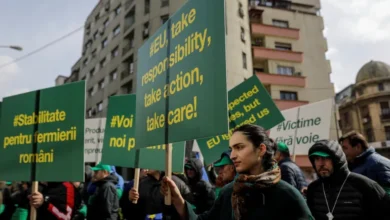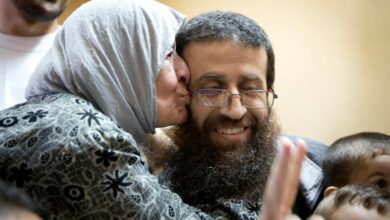Israel bombs ports, power station in Yemen as Gaza carnage continues
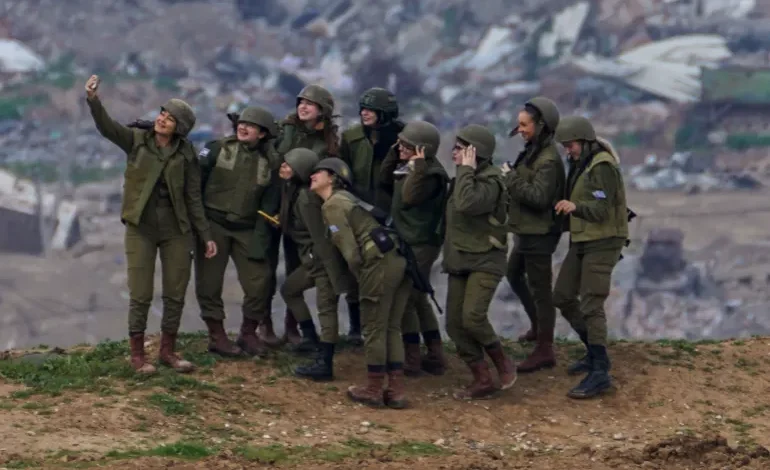
- The Israeli army says it has struck targets in the Houthi-controlled parts of Yemen, including the Hezyaz power station near the capital Sanaa, and the Hodeidah and Ras Isa ports on the western coast.
- A British study published in The Lancet journal says the deaths in the Gaza Strip are likely undercounted by 41 percent.
Gaza authorities call for international help with recovering bodies, counting victims
Gaza’s Government Media Office has called “on the international community, the United Nations and other international organisations to support efforts in counting victims and recovering thousands of bodies in the Gaza Strip”.
It expressed its “deep concern” over the findings of the British study published in The Lancet journal, which said the deaths in the enclave were likely undercounted by 41 percent. The study’s death toll estimate is 64,260 while the official figure was 37,877.
“This discrepancy highlights the extent of the catastrophe inflicted by the Israeli occupation forces on civilians and civil infrastructure in the Gaza Strip,” the Media Office statement said.
“We in the Government Media Office affirm that this gap results from the existing inability to register all victims killed by the Israeli occupation across all governorates,” it said.
“This is compounded by the catastrophic humanitarian conditions and the restrictive criteria adhered to by the Palestinian Ministry of Health in the Gaza Strip,” the statement added.
Israeli officials are concerned about their soldiers being arrested after fighting in Gaza, with a soldier having fled Brazil to avoid being questioned over alleged war crimes he committed in Gaza and filmed for social media.
The Belgium-based Hind Rajab Foundation (HRF) is the force behind this international effort for accountability.
Formed just five months ago, HRF has pulled together lawyers and activists from around the world to prepare cases, primarily based on social media content shared by Israeli soldiers themselves.
What effect will global conflicts have on military spending?
Research into global conflict indicates more countries are at war today than at any time since World War II.
Incoming US President Donald Trump, NATO, and the European Union all want to increase military spending, which hit record levels worldwide again last year. What are the implications?
